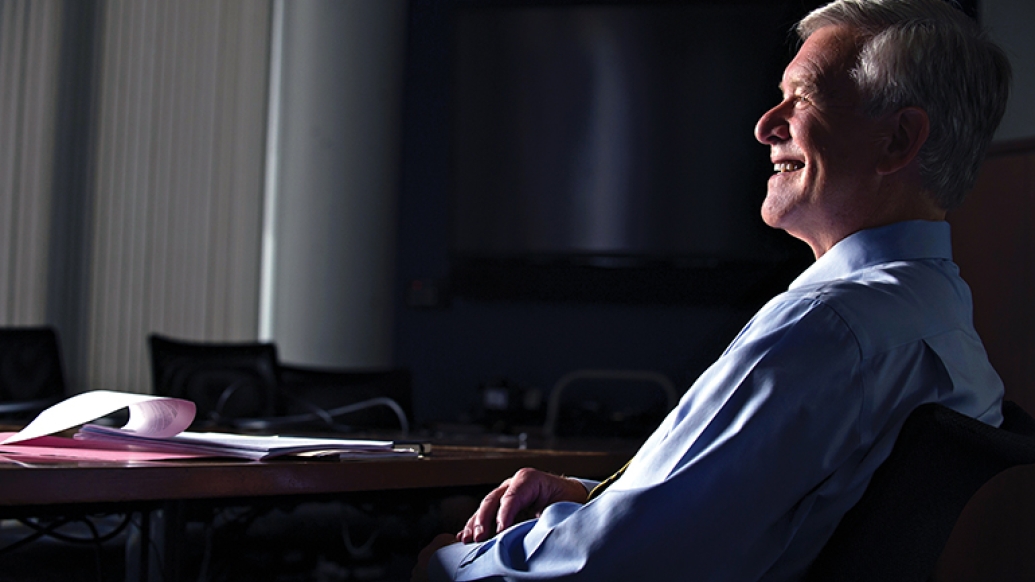
This spring we faced an unprecedented challenge, one that was terrifying for all of us, and there were no easy solutions. How would we handle an unknown number of COVID-19 patients who had the potential to overwhelm our health system? How would we protect our staff and other patients from this highly contagious virus that had already stymied health systems in other countries, and was starting to do the same in cities such as New York and Detroit? Answers to these questions changed on a daily basis, as we evaluated the rapidly shifting situation.
The one thing that remained steadfast was the resilience and fighting spirit of the Michigan Medicine community. Time and time again, our teams rose to the challenges of the COVID-19 outbreak.
Our hospital leaders had prepared for a crisis like this for many years. Because of that, we were able to quickly open a 32-room Regional Infectious Containment Unit, or RICU, once we started receiving COVID-19 patients. From great planning comes great readiness.
The vast media coverage of the pandemic ranged from informative and helpful to confusing and misleading. Our experts broke through the noise by providing calm, expert analysis on CNN, ABC News, NPR, and many more national media outlets. They helped to lead the nationwide discussion about detection, treatment, and containment of COVID-19. From the best minds in medicine comes great wisdom.
We asked the community to donate personal protective equipment and sanitation supplies, and the response was tremendous. Hundreds of people shared supplies left over from a loved one's experience with heart surgery or cancer, from dental offices, and from construction businesses. Countless individual donors and local restaurants gave food to our front-line workers. In response to the many people who asked us how they could help, we created the COVID-19 Philanthropic Fund and Employee Emergency Fund, and our donors supported our most pressing needs. From great need comes great generosity.
I am profoundly grateful for the entire Michigan Medicine community and our continued operations. The outstanding teamwork, planning, and forward thinking that I have seen across the organization and the immense generosity of those who have donated their time, money, and supplies are nothing short of awe-inspiring.
On the heels of COVID-19, we are also processing recent national events and assessing our own systemic biases. We hosted an on-site Juneteenth tribute to George Floyd and others who have lost their lives due to racial discrimination, as well as numerous town halls and discussions. Our Office for Health Equity and Inclusion will create a work team to help guide us in our priorities. We must raise the cultural awareness of our faculty and staff in order to better serve all patient populations.
I don't know what challenges we will face in the future, but I have seen the greatness we're capable of, and I'm confident that our strengths are a match for whatever comes our way.
Marschall S. Runge, M.D., Ph.D.
Dean, Medical School
Executive Vice President for Medical Affairs, U-M
CEO, Michigan Medicine
Member of the Board of Directors, Eli Lilly and Co.





